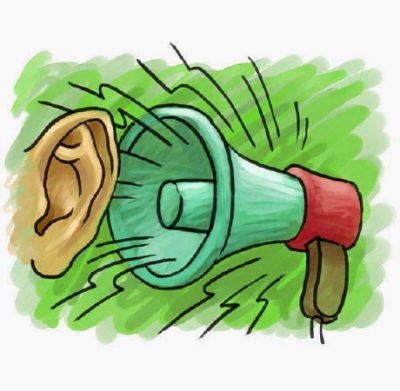
Seniors today are living longer; however, are they living well into old age? The National Wellness Institute tells us that “Wellness is an active process through which people become aware of, and make choices toward, a more successful existence.” Indeed, the choices we make along the way determine the degree of wellness we’ll enjoy as we age. But how can cultivate a healthy, satisfying life?
The National Council for Aging Care offers some tips. First of all, develop healthy eating habits with whole foods and plenty of water. Next, keep your body and brain active. Find a physical activity you enjoy and challenge your mind in creative ways. Learn something new. Another key is to stay connected with others to avoid the pitfalls of social isolation. Reach out for help when life throws you a challenge. Also, pay attention to your appearance and keep up to date on popular culture and discover what’s buzzing with younger people. Finally, take precautions such as regular health check-ups and fall prevention measures in your home
I once was a passenger aboard a Great Lakes cruise ship. In case you’re wondering, yes, the Great Lakes are big enough to cruise on– and then some. What stood out were my fellow passengers– many of whom are in their 80′s. One woman celebrated her 94th birthday, while a couple celebrated their 60th wedding anniversary. At nearly 60, I was almost the youngest person on board. Now don’t get me wrong; these seniors did not run marathons. Many had physical challenges. But they didn’t stop them from going on daily excursions and having a great time. One woman with severe scoliosis went on most tours including going down in a copper mine, complete with hard-hat! Another 92-year-old woman told me that she had recently been diagnosed with brain cancer; however, her doctor and family supported her decision to go on this trip. In spite of her illness, her attitude was sunny and positive. It seemed like she was content to stay on the ship taking in the scenery, smiling all the while.
Both of these women are examples of living well in spite of the challenges that may occur along the way. It was inspiring to be with people who didn’t stop living a fulfilling life in their senior years.
Ann Catlin, OTR, LMT: For twenty years, Ann led in the field of skilled touch in eldercare and hospice. She has nearly forty years’ clinical experience as an occupational and massage therapist. She created Age-u-cate’s Compassionate Touch program and serves as a Master Trainer and training consultant.
 I recently attended a conference and listened to a geriatrician share that the average number of medications her patients are on when they come to her practice is a shocking 18 – 24. That’s per DAY! No doubt we have a serious epidemic in this country – our seniors are drowning in drugs.
I recently attended a conference and listened to a geriatrician share that the average number of medications her patients are on when they come to her practice is a shocking 18 – 24. That’s per DAY! No doubt we have a serious epidemic in this country – our seniors are drowning in drugs.
